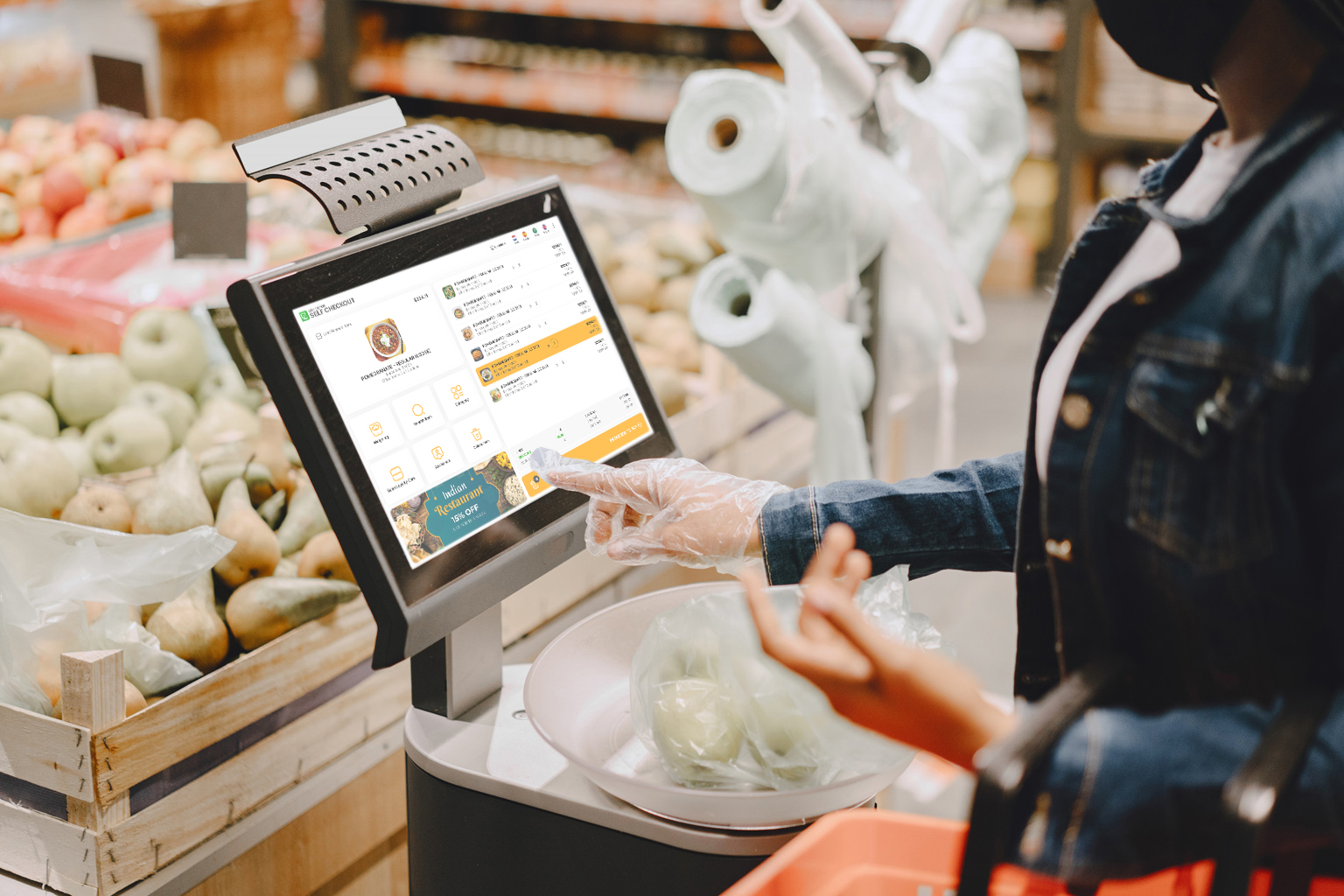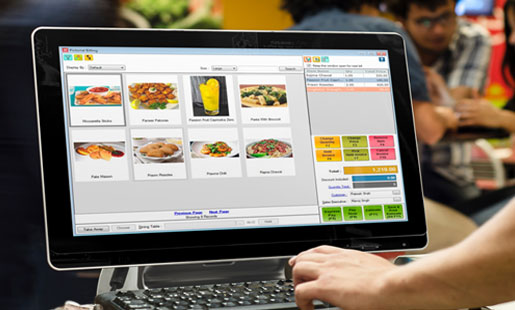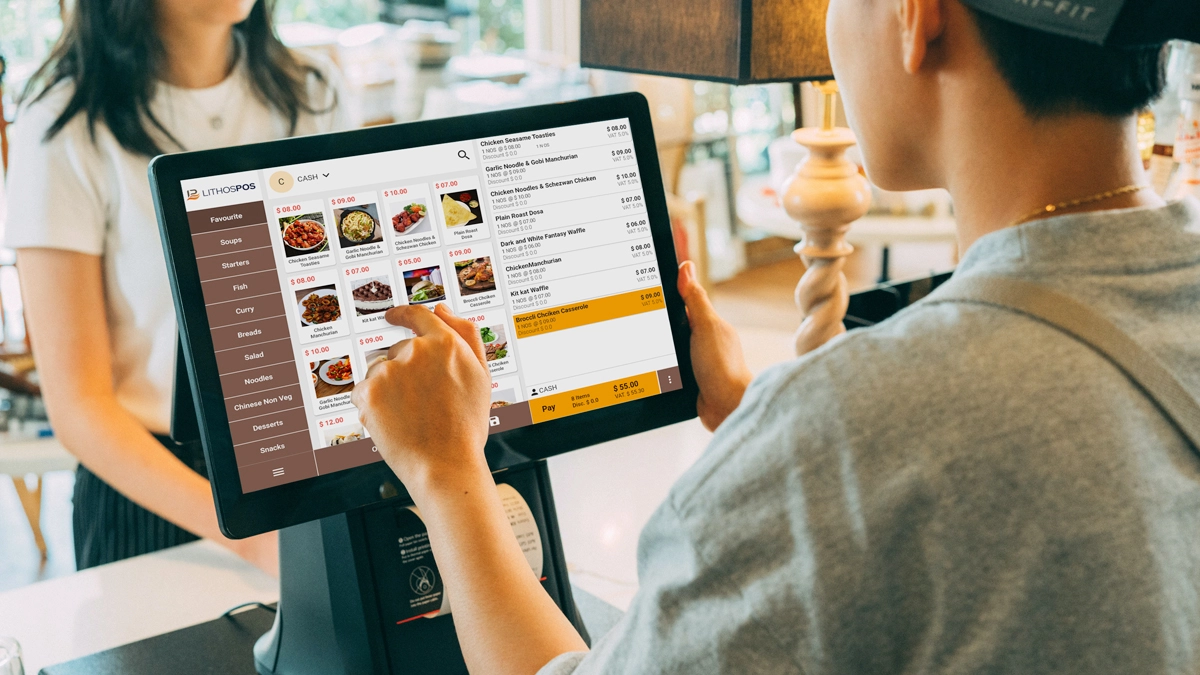POS Systems as Business Intelligence Tools

In today’s data-driven business environment, Point of Sale (POS) systems are no longer just about processing transactions. They have evolved into powerful business intelligence (BI) tools that provide actionable insights, streamline operations, and support smarter decision-making. Whether you operate in retail, hospitality, or service industries, leveraging your POS system as a BI platform can give you a critical competitive edge.
From Transaction Processor to Intelligence Hub
Traditionally, POS systems were limited to recording sales and managing basic inventory. Modern POS platforms, however, are equipped with advanced analytics, cloud integration, and real-time data synchronization. These systems capture and process vast amounts of business data—every sale, customer interaction, inventory movement, and employee activity—transforming them into meaningful reports and KPIs.
What makes POS systems stand out as business intelligence tools is their accessibility and ease of integration. Unlike traditional BI software that often requires technical knowledge and a separate data pipeline, today’s POS systems deliver insights directly to managers and business owners through user-friendly dashboards.
Key Areas Where POS Systems Deliver BI Value
1. Sales Performance Analysis
With a few clicks, modern POS software can generate detailed reports on sales by item, category, time period, location, or even employee. This helps businesses identify high-performing products, track seasonal trends, and optimize pricing strategies. For example, a restaurant can discover which menu items sell best on weekends and adjust inventory and staffing accordingly.
2. Customer Insights
Customer relationship management (CRM) features within many POS systems allow you to track purchase history, preferences, and visit frequency. This information can be used to personalize promotions, create loyalty programs, and improve the overall customer experience. When integrated with email marketing tools, POS data can trigger automated campaigns based on behavior.
3. Inventory Intelligence
POS systems provide real-time inventory tracking, making it easier to identify fast-moving products and prevent overstock or stockouts. Business owners can view inventory turnover rates, set reordering thresholds, and automate supplier communications. This level of visibility reduces waste, lowers carrying costs, and ensures product availability.
4. Workforce Productivity
A smart POS platform helps managers evaluate staff performance through metrics like average transaction value, number of transactions per hour, and up-sell success rates. This data supports better scheduling, training, and incentive programs. It also ensures accountability through activity logs and clock-in/clock-out features.
5. Multi-Location Reporting
For growing businesses with multiple locations, centralized reporting via cloud-based POS systems enables unified management. You can compare performance across stores, standardize operations, and replicate successful practices chain-wide.
Real-Time Access to Actionable Data
One of the biggest advantages of using a POS system as a business intelligence tool is real-time access to critical metrics. Whether you’re at your store, at home, or traveling, cloud-enabled POS platforms give you mobile access to sales reports, stock levels, and performance summaries. This real-time data empowers faster, more confident decision-making, especially in fast-paced industries.
Supporting Strategic Business Growth
As your business scales, the role of your POS system becomes even more strategic. Data from your POS can support:
- Budgeting and forecasting
- New product testing
- Market expansion decisions
- Vendor negotiations
- Performance benchmarking
Over time, the accumulated insights from your POS system become a valuable asset, shaping your long-term business strategy and investment decisions.
Final Thoughts
In the age of digital transformation, businesses must go beyond basic transaction processing. By harnessing the built-in business intelligence features of modern POS systems, companies can uncover insights that drive profitability, efficiency, and customer satisfaction. Investing in a robust POS system is no longer just a tech upgrade—it’s a strategic move toward data-driven growth.






